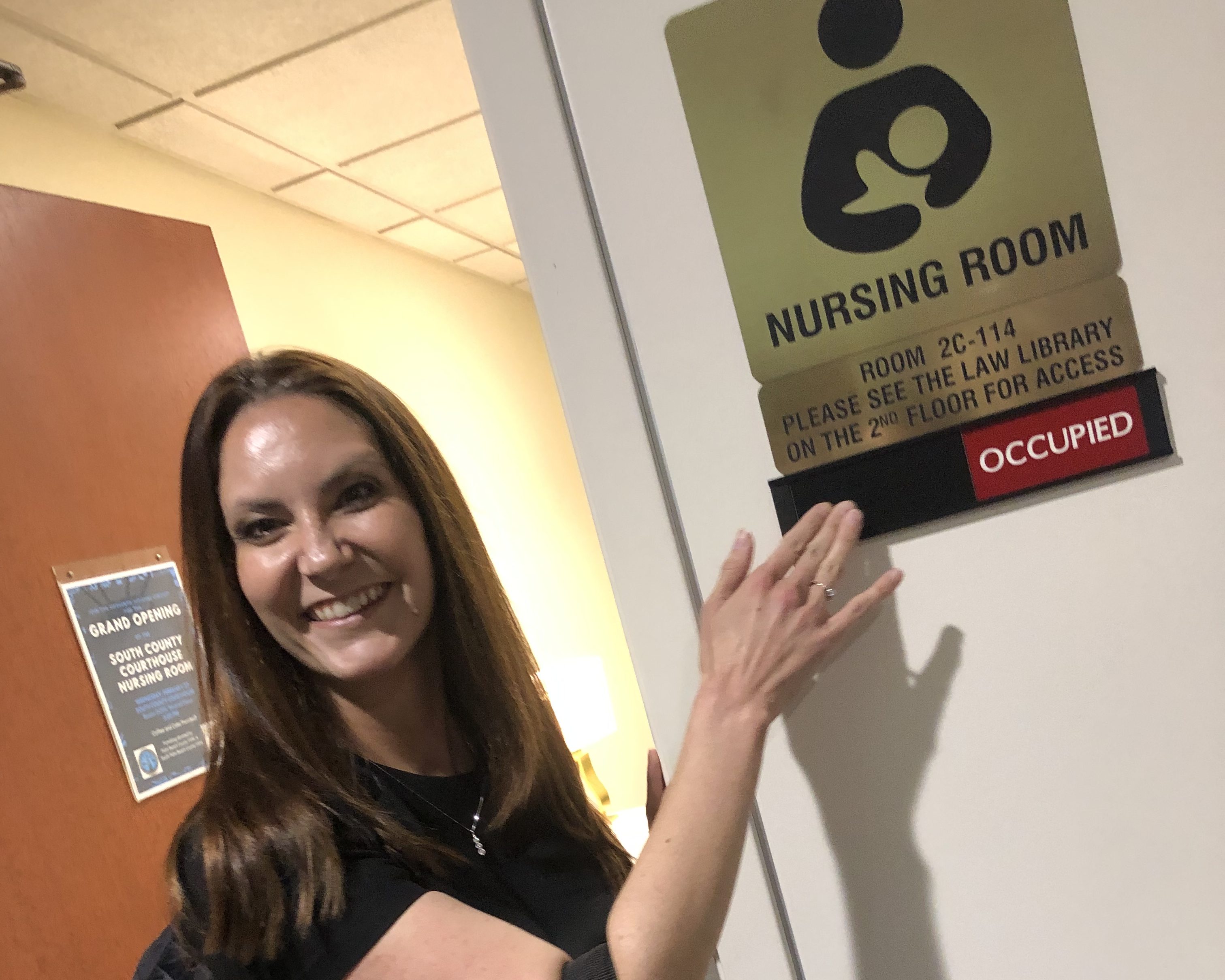During the summer of 2020, Texas attorneys became enraged over comments that State Bar of Texas President Larry McDougal made on Facebook about Black Lives Matter and other topics. The fiasco launched a wide discussion about ongoing issues of racism, sexism and discrimination in the legal profession. Lawyers pushed for reform, and the Texas Bar began to study potential changes.
I covered the news with a series of articles.
Lawyers Call On Texas Bar President to Resign Over Black Lives Matter Comments
Attorneys are calling on State Bar of Texas President Larry McDougal to resign because of online comments about the Black Lives Matter movement. He has apologized, but other bar leaders have condemned his comments.
McDougal Must Go? Directors Call for Texas Bar President’s Ouster Amid #BLM Controversy
Some board of director members are calling on Larry McDougal to resign as State Bar of Texas president, but McDougal has no plans to do so.
Amid Controversy, Texas Minority Lawyers Call for Action Against Racism in Profession
A broad coalition of minority lawyer groups–local bars for Black lawyers, and those representing Asian American, Hispanic, LGBT, Native American, minority and women lawyers–is calling for action to address systemic racism in the legal profession.
‘Shame Is Not Strong Enough’: Texas Bar Meeting Sees 61 Speakers Line Up to Address Larry McDougal’s Online Comments
Sixty-one attorneys voiced their opinions about State Bar of Texas president Larry McDougal’s controversial online comments at a specially called board meeting Monday.
Texas Bar Board Pledges Action to Erase Systemic Racism, Boost Diversity After Marathon Meeting Over Larry McDougal’s Comments
The board of directors of the State Bar of Texas created two new groups to research action to erase systemic racism in the bar and promote diversity and inclusion, and asked bar committees to study two specific proposals that came from public comments.
‘People Are Livid’: Lawyers React to Texas Bar Committee’s Decision on Implicit-Bias Training
“There are a lot of things in this country and things in the world where people got upset. But you do what is right because it is right,” said Rudy Metayer, chairman of the State Bar of Texas African American Lawyers Section.








